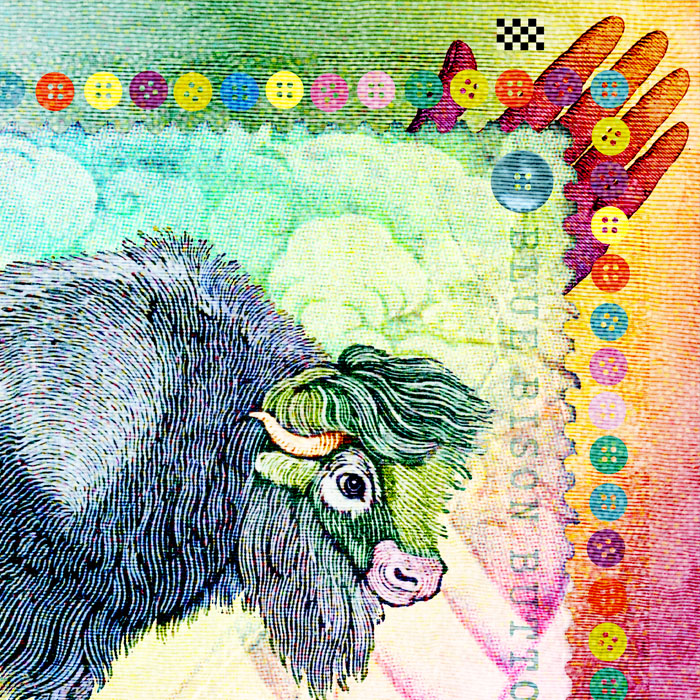A Course in Miracles says that sickness is a defense against the truth. That’s quite a heavy statement, isn’t it? It’s a tough nut to crack, as my husband likes to say.
What truth is sickness defending against? And how is that defense occurring? Does this mean I have to feel even worse than I already feel, just because I’m sick? Or because I sprained my ankle, or have a headache? Is this some new form of guilt I’m supposed to add to my already burgeoning store?
Is the truth I’m defending against going to scare me? Why would I want to make myself feel sick in order to avoid feeling something else, unless that something was even worse than my flu, or my chronic illness, or my bad back?
Don’t we only defend ourselves against bad things?
Well, the answer to that last question turns out to be no. Sometimes we defend ourselves against good things—things that are gifts. Things that spell freedom, and bring a fresh wind of hope into our lives. Things that are really GOOD, and not in a “this is good for you because it will teach you a lesson” way, but in a kind, reassuring, relief-filled, sort of way.
We defend ourselves in order to stay asleep, because we fear waking. Sickness does this by creating something that we often create in other ways, too: fear and preoccupation. The feeling that something we don’t want can happen to us for reasons we don’t understand—the victim mentality.
You may not have noticed this, but if you pay attention to your life over a period of months you’ll probably see it. When it applies to the body, I like the term “symptom imperative.” This means that once you are over your bronchitis, you notice that your arthritis is flaring up. When your headache goes away, you notice that your feet hurt… and so on.
If you really pay attention, you’ll notice that we always seem to have one or more situations in our lives that create fear and preoccupation—that keep the mind obsessing with self-concern, worry over loved ones, fear about financial situations, anxiety about what others think, problems with machines and technology, difficulties with food or weather or clothing or the environment or politics or relationships. There’s always something!
I call this the “problem imperative.”
All of these things, not just sickness, it seems to me, are defenses against the truth. The phenomenon of fear-and-preoccupation is continual here in this game of human life. It may ebb and flow, but it doesn’t seem to go away. And the goal of fear-and-preoccupation is to keep the mind busily identified with itself as a body, so it won’t remember its true power and freedom, and wake up. Fear-and-preoccupation reinforces the feeling that I am this body, living in a finite, dangerous world, containing finite resources for which I must compete. As long as we feel this way and are preoccupied with it, we are defending against the truth.
What truth? The truth that we are creating this reality. That this life of ours is a very solid-seeming dream.
It is not real in the way we think it is, in exactly the same way that our nighttime dreams, which seem real, prove themselves otherwise once we awaken.
Saying this doesn’t help, does it? Maybe a little. But it’s one of those possibilities that we can slowly learn to integrate. Here’s another good Course in Miracles quote:
“There is no point in trying to change the world. It is incapable of change because it is merely an effect. But there is indeed a point in changing your thoughts about the world. Here you are changing the cause. The effect will change automatically.”
We can change our thoughts about the world with a bit of effort. We can train our minds to step back continually from the habitual thought-stream, and look at what kinds of feelings it is propagating. Fear is a self-propagating, self-fulfilling delusion.
As Seth says, “You get what you concentrate upon. There is no other rule.”
When our minds are undisciplined, we allow our thoughts to go on autopilot much of the time, creating a chaotic default-reality full of suffering.
We create our own realities whether or not we are being deliberate about it. This is our divine nature in action here. The world is a mirror of our own minds—a very solid-seeming mirror reality. We can’t rearrange things in the mirror reality and expect anything to change. What has to change is our own way of looking at the world. Mind-as-projector must begin to project a different movie by taking responsibility for its own thinking, feeling and believing.
It’s a slow process for most of us. Certainly for me it has been a slow process!
Nor are we wise to totally swear off fear, or override it, unless our intuition is so finely honed that it offers us the discernment necessary to accurately evaluate every seeming threat. Developing discernment is a life-long process of learning to get quiet, slow down our minds and impulses, and listen within.
However, it is fairly easy to recognize the feeling of fear-and-preoccupation with its obsessive mind states, and call bullshit. That’s really all you have to do, is say to yourself, “This feels really awful. It must be bullshit.” It’s always our thinking in relation to a situation that causes the problematic aspect itself to propagate and increase, creating haphazard manifestations.
I’ll end with a great Seth quote that lightens things up nicely and says it all succinctly (bolding is mine):
“Against all that conventional wisdom, what I have said sounds extremely simple, simplistic, Pollyannaish, until you try to do it. To solve a problem you begin to minimize its characteristics, diminish its importance, rob it of your attention, refuse it your energy. The method is the opposite, of course, of what you are taught. That is why it seems to be so impractical.”
